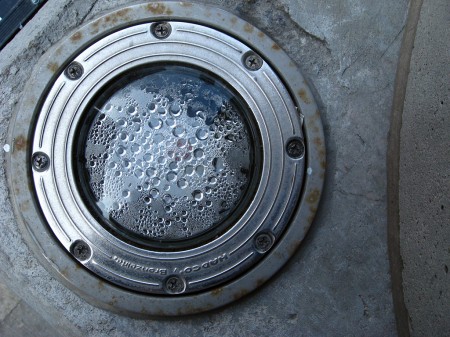
This month, the British Columbian carbon tax came into force. The tax is starting off at $10 per tonne, rising to $30 in 2012. The tax will be revenue neutral: with extra costs associated with greenhouse gas emissions being balanced overall by reductions in personal and corporate taxes. The approach seems well designed and economically sound, as well as likely to help B.C. move towards a sustainable low-carbon economy. It is quite a pity, therefore, that the provincial New Democratic Party has taken such a wrong-headed and opportunistic stance on the thing. Surely they must realize that their overall agenda of helping the poor and marginalized can only be accomplished alongside effective climate change mitigation action. It is the poor who have the least capability to adapt: to the effects of climate change, to harsher carbon pricing policies later, and to the ever-increasing prices of fossil fuels. As such, setting incentives early is an important mechanism for smoothing the transition.
At the same time as B.C. is moving forward, other jurisdictions are consolidating past actions. Norway is toughening the carbon tax they have had in place since 1991. Unfortunately, a fuel-price-induced backlash seems to be rising there too. If gasoline taxation continues to be the biggest public opinion stumbling block to carbon pricing, perhaps those who argue for its exclusion are correct. It is better to start the bulk of society on a low-carbon transition, leaving some sectors behind, than to have the whole project kept in limbo due to objections arising from short-term thinking.
While not a tax on carbon, it is interesting to note that American police departments are even imposing fuel surcharges on traffic tickets. The policy is prompted by high oil prices, rather than environmental concern, but it is an illustration of the ways in which fuel costs, economic activity, and government fiscal policy interact.




